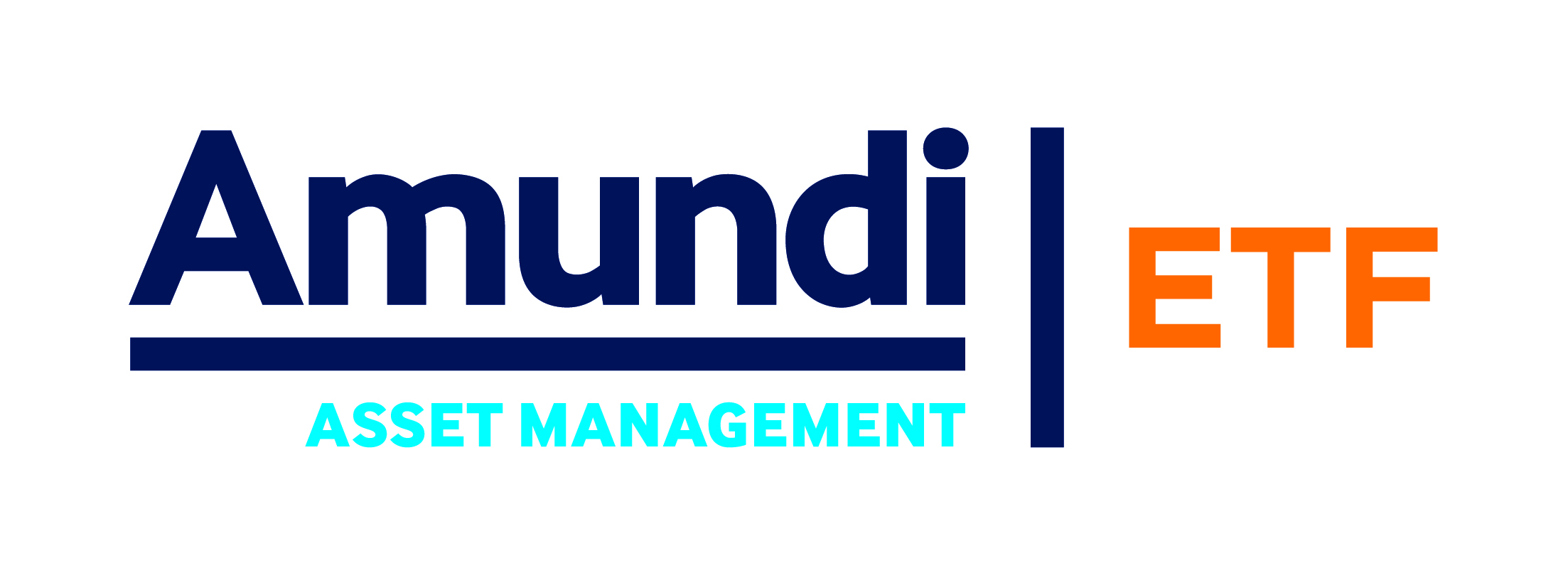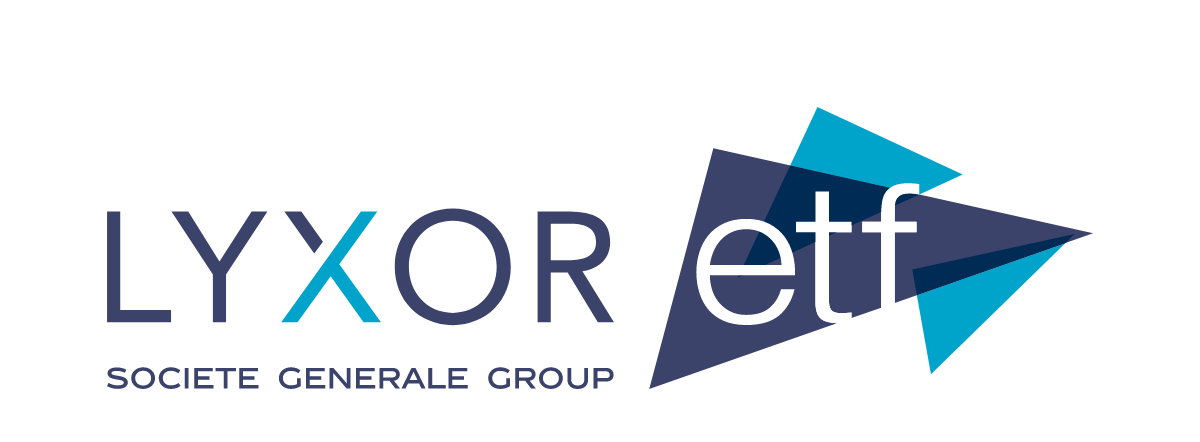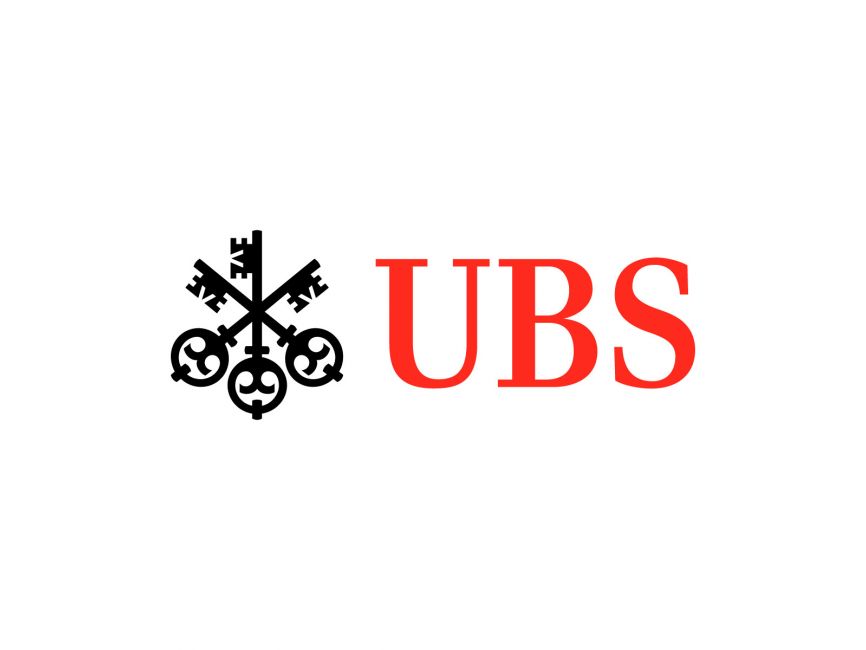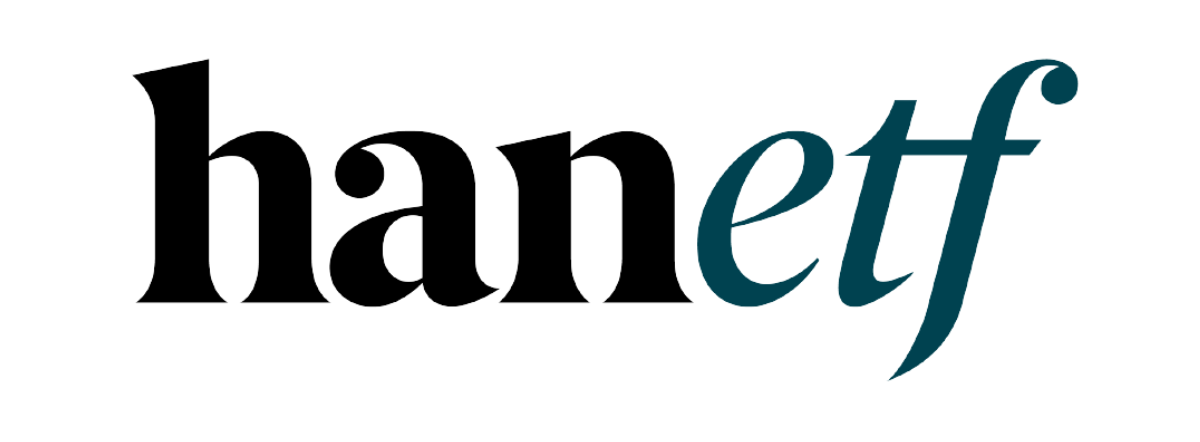It was a three months of ‘firsts’ last quarter as ETF issuers launched a variety of new products in response to the markets gathering momentum following the coronavirus turmoil.
During the quarter, the S&P 500 climbed 8.5% while the FTSE 100 fell 4.9% suggesting investors had to be tactical in their strategies.
As uncertainty reached its peak in mid-summer, several defensive products were launched to enable investors to move risk-off.
UBS Asset management launched four defensive equity ETFs offering put and call options on US and European stocks.
The covered call took a long position in the target index with weekly selling of call option and aimed to generate returns through income from premiums and reduce downside risk.
The put write strategy combines a cash exposure with weekly selling of put options with the aim of generating an income from premiums while providing a cushion during market downturns.
However, while the purpose of the range is to reduce downside risk, ETF Stream’s product panel was not completely sold on the product.
Nicolas Rabener, founder and CEO of FactorResearch, commented: “The general advice for investors, regardless of institutional or retail, is to avoid option-based strategies as much as possible as there is little empirical evidence that these provide value in asset allocation. In many cases, these have led to substantial losses.”
Similarly, Credit Suisse Asset Management, which only re-entered the European ETF market in February, also noticed a rise in demand from investors seeking protection-focused products.
The Swiss asset manager launched a world ESG ETF with a minimum volatility tilt as the factor performed significantly well compared to its peers in the first half of 2020.
The CSIF MSCI World ESG Leaders Minimum Volatility Blue UCITS ETF (CSY9) is comprised of stocks from developed markets and that comply with MSCI’s sustainability criteria.
The approach also selected stocks that had low volatility scores and contributed to reducing the overall risk profile of the portfolio.
Shielding against volatility: BlackRock’s MVEU vs SSGA’s ELOW
While the risk-averse might be looking for protection during these times, ESG has shown outperformance in 2020 and has also seen some innovation over the last three months.
BlackRock launched the first range of multi-asset ETFs with an ESG tilt in Europe at the beginning of September.
The three-strong range offered various risk approaches and adjusted the equity to bond ratio accordingly.
While the range can offer a portfolio of both bonds and stocks at just 0.25% per year, some argued that the inclusion of an ESG tilt does not necessarily fit every investor’s requirements and therefore, could be a difficult product for sophisticated investors to use.
Staying with ESG, Amundi and Lyxor both launched Paris-aligned ETF ranges at the beginning of the quarter.
The launches follow the European Commission releasing the Climate Transition Benchmark (CTB) and the Paris-Aligned Benchmark (PAB).
The strategies select companies that are actively trying to reduce their carbon emissions to meet the Paris agreement of a 2°C by 2050. Additionally, the PAB label excludes companies that are involved within the oil, coal and natural gas exploration.
As part of this range, the Amundi MSCI World Climate Paris Aligned PAB UCITS ETF (PABW) only listed at the end of September with a TER of 0.25%.
It was not just the equity market which saw innovation this quarter. Invesco launched the Invesco Euro Corporate Hybrid Bond UCITS ETF (EHYB).
With the fixed income space still in its infancy in the ETF market, the hybrid bond ETF offers investors an alternative to traditional high yield while the interest rates are low and yields are minimal from conventional government and corporate bond segments.
EHYB is comprised of AT1 capital bonds and preferred shares which have low correlation with other asset classes.
Finally, another noteworthy launch this quarter was by Almalia which launched the world’s first actively managed, Shariah compliant ETF with the help of white label platform HANetf.
The Almalia Sanlam Active Shariah Global Equity UCITS ETF (AMAL) is actively managed by Sanlam Investments UK. Its strategy is to offer exposure to high quality businesses from across the world that offer long-term returns and sustainable growth.
However, the interesting part is that the strategy also includes a screening process overseen by a panel of Shariah scholars. They analyse and dictate whether the stocks can be included depending on if their operations being compliant with the principle of Shariah Investment.
Given the outperformance of numerous ESG products in 2020 and volatility levels still elevated, there is a good chance the previously mentioned products will be noticed by investors. Additionally, ETF issuers will likely continue the trend of innovation and offering investors protection while the global pandemic remains ongoing.









